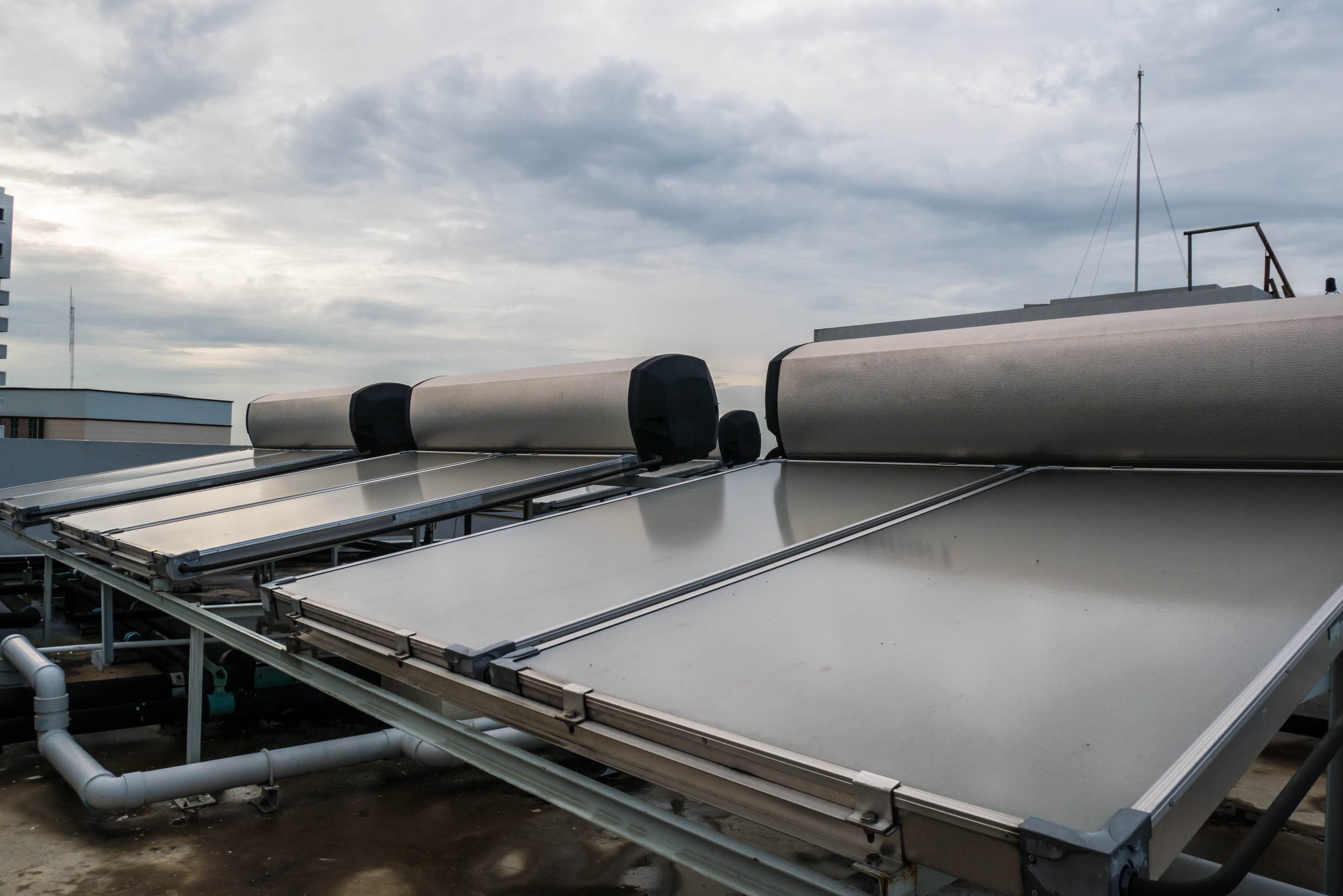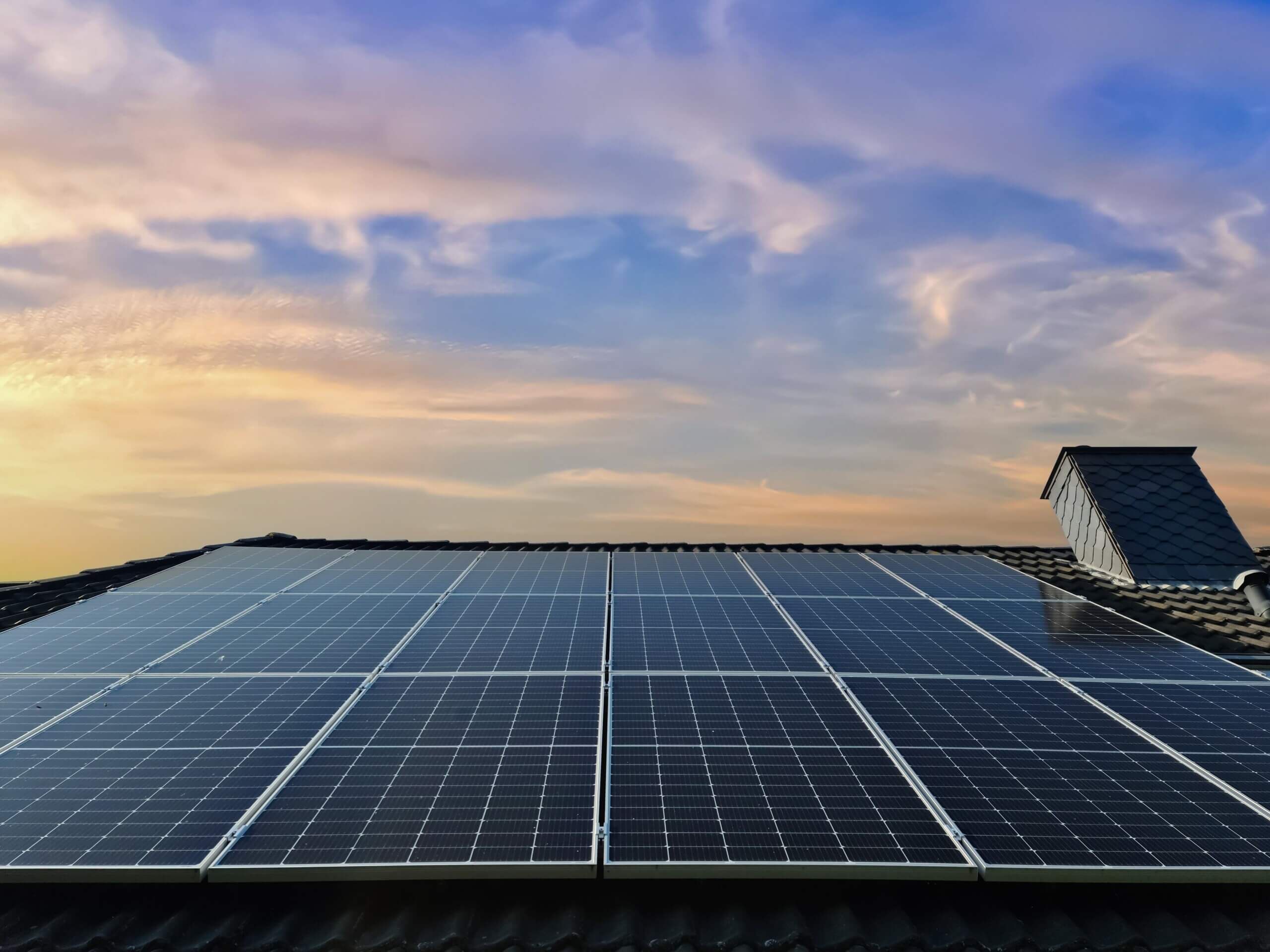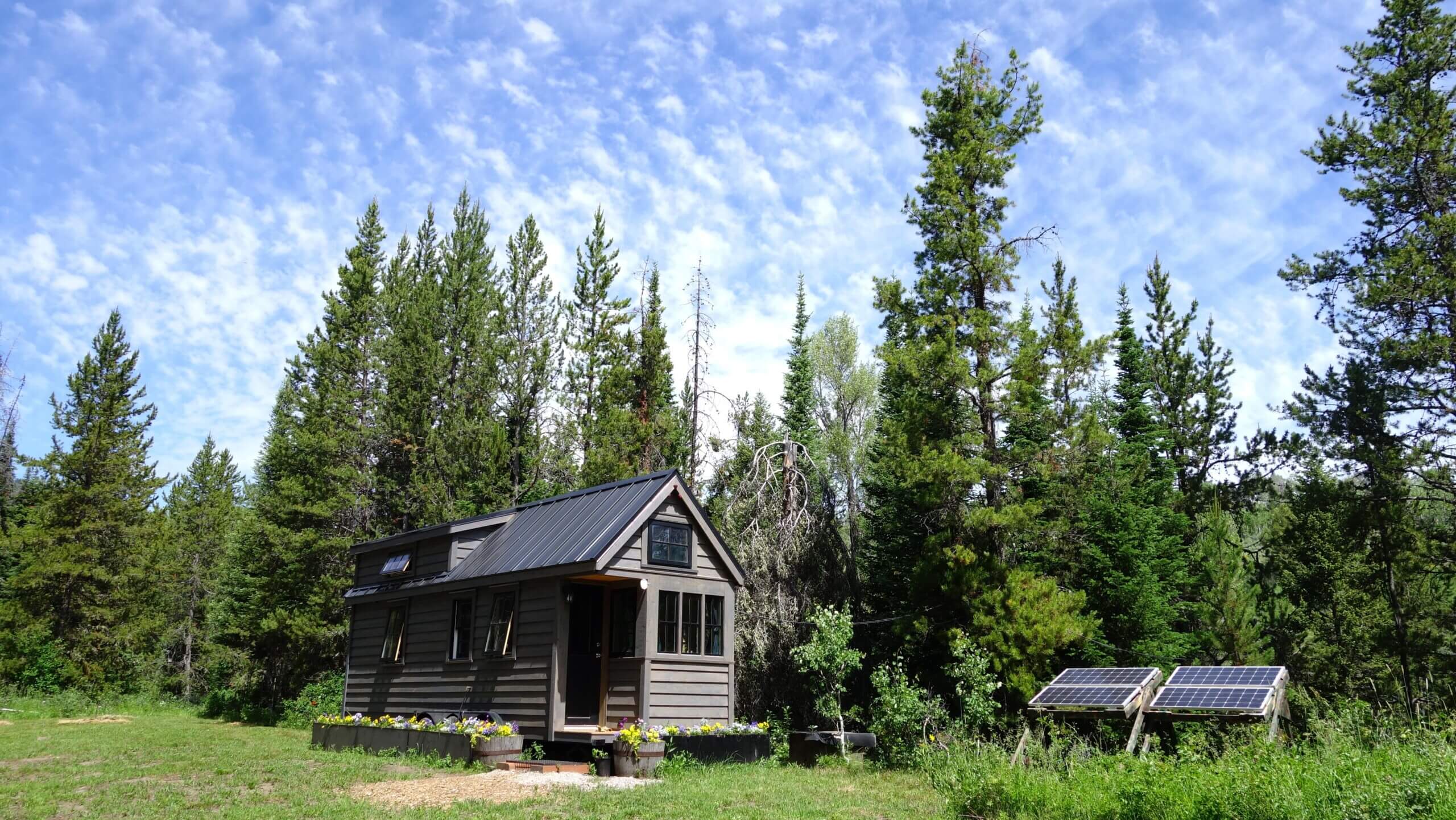Solar Power For Commercial Buildings – Is It A Worthwhile Investment?
Solar power is gaining in popularity around Australia and globally and for a good reason. Solar power is a renewable source of electricity and energy, so it goes without saying that solar panels are always a good idea for our planet. Solar energy is an alternative to standard power sources, which rely on fossil fuels.
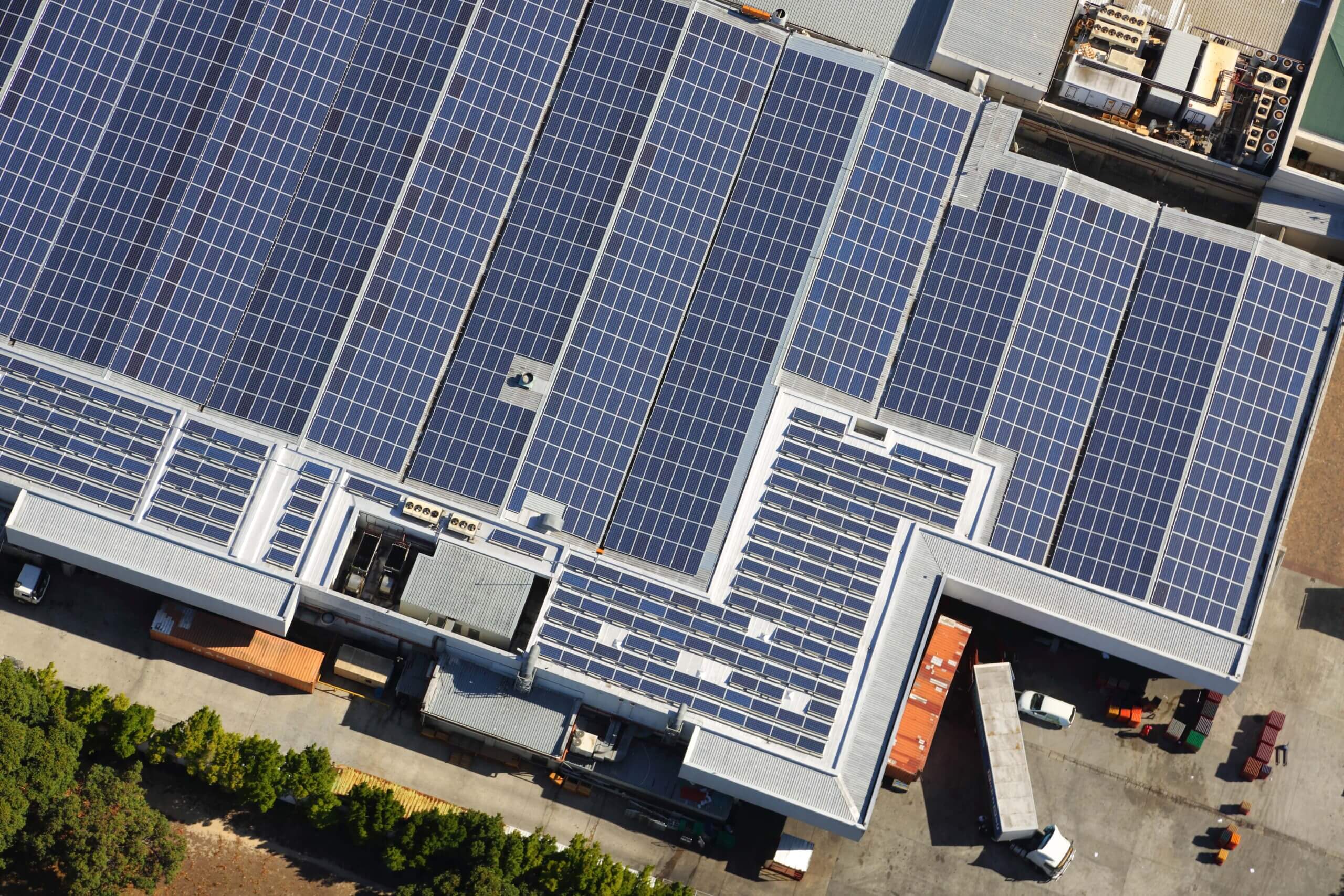
Solar power, therefore, has a big tick in the sustainability department. But in this article, we wanted to discuss the other important consideration — your pocket. If you are the owner of a commercial business or building, you may be beginning your research into commercial solar power and whether renewable energy is a good idea for your business.
There are a few considerations when investing in solar for your commercial building, and one of them is whether you will make a return on your investment. So with no further ado, let’s jump into some popular questions about installing solar panels commercially.
What are the benefits of installing solar panels on your commercial building?
Return on investment
The ROI of a commercial solar system depends on a number of factors, including your original energy bill size, the time in which you use power, and the cost and size of the system you have installed. On average, businesses can expect to see a positive ROI within 3-5 years. This means that the upfront cost, although being an investment now, will quickly provide an ROI by lowering your energy bills and building operating costs.

Environmentally friendly
Sustainability is a large consideration for many businesses. Investing in solar panels allows your business to reduce its carbon footprint and opt for a planet-friendly energy solution. This is not only an apt solution for your ongoing bills and energy usage but also for your company’s image being associated with sustainability.
Government incentives
You can access government grants and incentives depending on your business’s location. All homeowners are eligible for the Small-Scale Technology Certificates program (STCs). Upon the installation of your system, your installer will be awarded a number of STCs, in turn reducing the cost of the system at the point of sale. If you live in Victoria, you can receive an additional grant via the Victorian Solar Rebate of $1400. Additionally, businesses are able to fully depreciate the cost of the system in the year of installation, allowing you to reduce your income tax.
Reduced electricity bills
Your solar panels can absorb energy from the sun. Usually, the sun is out between 7 am-7 pm, depending on the time of the year, with the strongest input coming in between 10 am and 3 pm. Most corporate businesses work a standard 9-5 day, so most of your electricity use will be during solar-effective hours. This will in turn help to reduce your electricity bills.
To read more: Do Solar Panels Still Work On Cloudy Days?

Low maintenance
When you invest in quality solar panels and have them professionally installed, they require a very low level of maintenance. In this case, your solar panels will likely have a lifespan of 25 to 30 years. This means you will reap the rewards of your investment for many carefree years.
Solar system sizes — what’s considered commercial?
An average household solar system is 5kW (kilowatts). A kilowatt is a measure of how much power the solar system produces or how much an appliance uses. A kilowatt-hour measures how much energy is produced in one hour. For example, a 6kw system will produce 6kWh over one hour.
Kilowatt-hours are units of energy: a kilowatt of power lasts for one hour. A 5kW solar system is made up of approximately 14 solar panels, according to a recent Canstar Blue Survey. In comparison, a commercial system is usually 10kW and above.
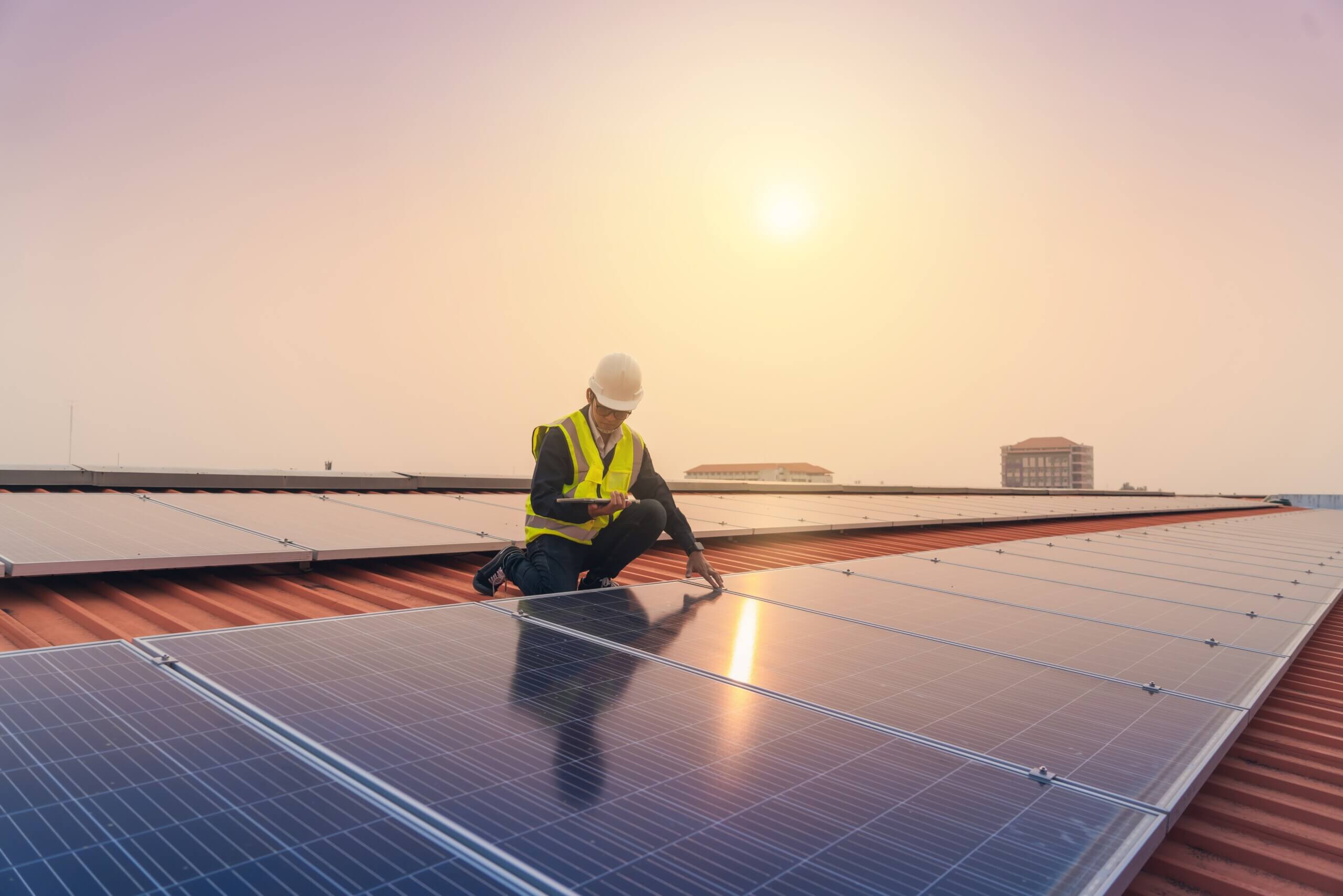
How are commercial solar panel systems different from residential solar panel systems?
Due to the higher energy output of commercial solar panel systems, they are larger in size and have more solar cells. This helps to accommodate the increased energy requirements for a commercial building.
While not all commercial solar systems require panels specialised for large systems, using high-wattage panels can increase the total output of the system. Some commercial panels can have up to 96 cells in a panel and often produce over 400W per panel.
Commercial solar panels are larger and, therefore, more expensive, but they produce more energy per panel.
Why choose iBreeze?
Here at iBreeze, we are an experienced solar company capable of installing large-scale commercial solar systems. We are a family-owned business located in Mandurah, Western Australia.
As well as offering solar systems, we also install air conditioning and heating systems, making us a one-stop shop for all of your home upgrades. It is our priority to work with trusted brands that manufacture quality products.
Our expert team ensures that your needs will be met, and we will take the time to understand your needs before recommending a tailored solution.
Contact us if you have any queries regarding commercial solar panel installation, or want to enquire about any of our other services, we would love to help.
For energy efficient, effective heating and cooling solutions all year round, reach out to our team of specialists. We’ll deliver the highest comfort to both your residential and commercial space, no matter the size or scale.
Sunday Closed
Monday 9:00am – 5:00pm
Tuesday 9:00am – 5:00pm
Wednesday 9:00am – 5:00pm
Thursday 9:00am – 5:00pm
Friday 9:00am – 5:00pm
Saturday Closed
